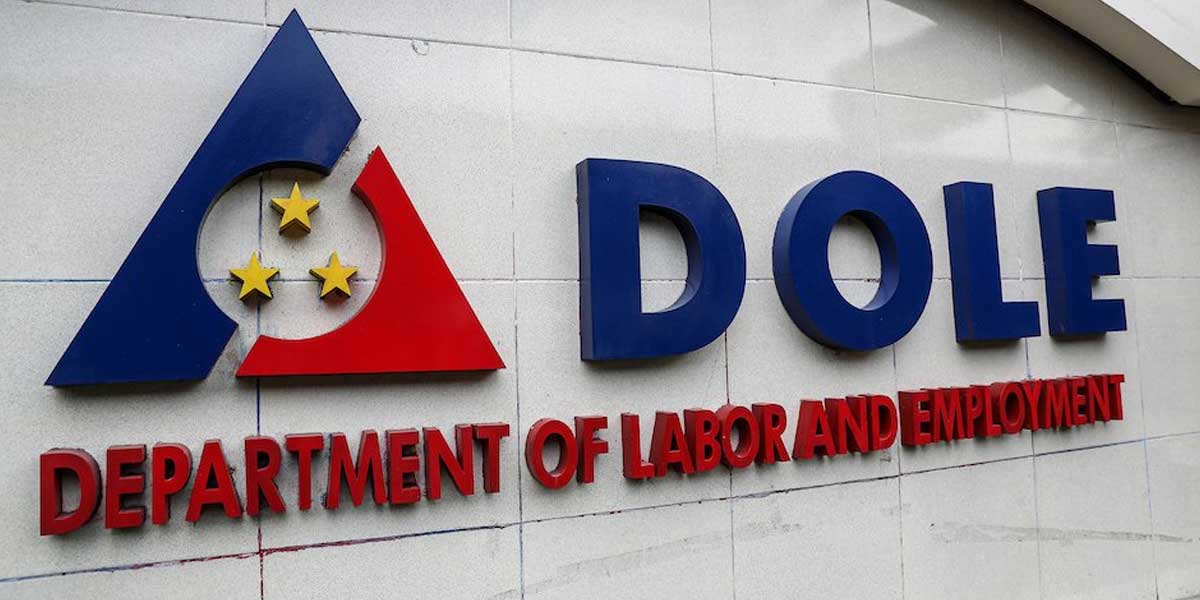
DEPARTMENT of Agriculture (DA) Secretary Manny Piñol led the last leg of the national consultation for RA 11203 or Rice Trade Liberalization Law with the stakeholders from Visayas regions today in Iloilo City.
The forum seeks to explain the salient features of the Implementing Rules and Regulations (IRR) of the law.
The purpose of this consultation is not only to explain the law but also to give you the perspective of where the industry is going, and to calm your fears and doubts, said Piñol.
The DA chief appealed to the rice stakeholders to discuss what to do, to come up with the IRR that will protect the interest of the rice stakeholders and at the same to remove their doubts about the law instead of dwelling on what could not be changed anymore.
Piñol also cited that as a requirement of the law, the DA will have to present the proposed IRR among the stakeholders for validation and not to agitate them.
I know you have fears and apprehensions especially now that the price of palay has dropped. However, the fall of the price is not the result of Rice Tariffication but the effect of the speculations of traders who are anxious to buy rice, and then suddenly the price will drop in the market, Pi?ol explained.
According to the DA chief, the country’s rice industry is growing and expanding at a rate of 3.5 percent per year which is one of the highest growths in the world.
He noted that in 2016, the country had recorded a total of 17.6 million metric tons last harvest of clean-dry palay, while in 2017, the first full year of the Duterte administration has marked a historic high yield of 19.28 million metric tons of harvest.

In 2018, the yield went down from 19.28 million MT to 19.066 million MT due to typhoon damages.
We are capable of improving our productivity. If we had good weather last year, lumagpas sana tayo by 20 million metric tons which could have been the highest harvest in the history of the rice industry in the country,” Pinol said.
He went on saying that stakeholders believe that the recently passed law will cause the flooding of imported rice in the country, thus affecting the local rice industry. However, the agri chief assured them that it would not be in a long term basis.
He cited that in the world rice supply situation, the only available rice for trade in the world market every year is about 48 million metric tons and out of that volume, only nearly 3 million metric tons of rice are available for trade.
If there is a shortage of rice supply, there will be no more available supply more than that 3 million metric tons available even if the importers would like to import more, he added.
Piñol also explained that other rice-producing countries like Thailand, Cambodia, and Vietnam have also growing population and time will eventually come that they will no longer be able to export the same volume of rice they are transporting in the country because they also need to feed their growing population.
Therefore, the fear of opening the market with imported rice will not end the rice industry of the country, he stressed.
According to him, the entry of more imported rice might initially affect in the first years of the application of the law but not in the long run.
We have to continue planting rice because five to 10 years from now, there will not be enough rice supply for the country if we rely on imports. If we abandon this industry, hindi ang industriya ng palay ang mamamatay, yung ating mga anak at apo ang magsasakripisyo, Pinol stressed.
He also underscored that agriculture is not only about producing food for today but also thinking of the food security of the next generation.
Piñol, likewise, assured that the DA will help the farmers to increase their productivity. One of the programs of the DA is irrigation which is a critical component to improve the farmers’ productivity.
Currently, the DA is constructing about 160 units of solar-powered irrigation nationwide.
The DA also proposes to improve farmers competitiveness and to boost their income through provision of support services such as high quality inbred and hybrid seeds, fertilizers, access to credit, irrigation projects and mechanization to enhance farmers productivity.
The government targets to generate P10 billion every year for the next six years from the tariff system. The Rice Competitiveness Enhancement Fund (RCEF) generated from the tariff system will be used for the procurement of machinery and equipment, development and procurement of high yielding seed varieties, financing, and technology training support for rice farmers.
The agri chief noted that P5 billion will be allocated for mechanization program, P3 billion for the development and procurement of inbred seed varieties, P1 billion for credit program, and P1 billion for technical trainings of rice farmers. (Story by Myleen S. Subang and Photos by Ann Marie P. Susbilla/DA-RAFIS 6)






















